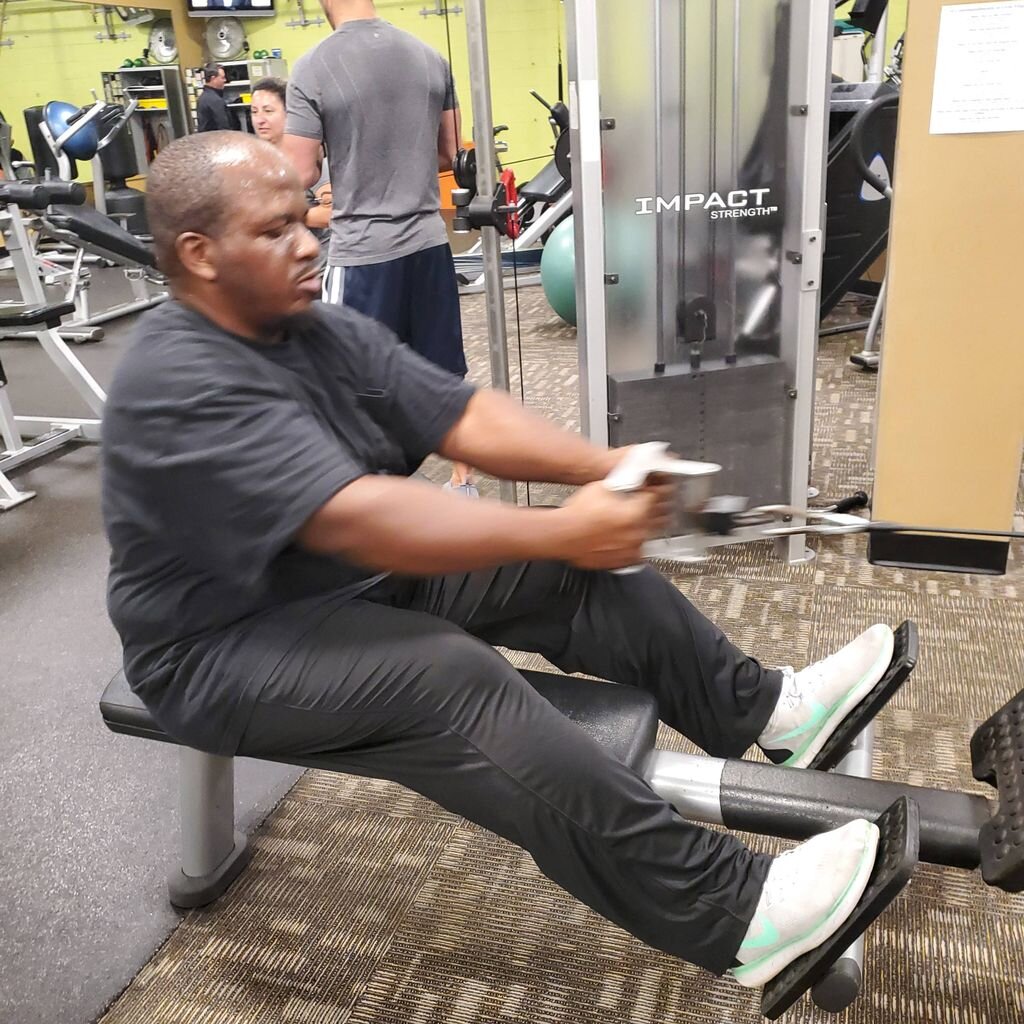Strengthening
Strength training or resistance training involves the performance of physical exercises that are designed to improve strength and endurance. What is strength training?
Strength training is also known as weight training, resistance training, and muscular training. It is often associated with the lifting of weights. It can also incorporate a variety of training techniques such as calisthenics, isometrics, and plyometrics.
The general definition of strength training is any physical movement in which you use your body weight or equipment (e.g., dumbbells and resistance bands) to build muscle mass, strength, and endurance
Conditioning
Body conditioning exercises target your whole body, using lots of different muscles to strengthen, shape, and tone your body. They may combine several types of exercise, such as flexibility, strength, and resistance training.
Body conditioning improves endurance, increases flexibility, and establishes a balanced, stable physique.
These valuable exercises offer a wealth of positive benefits to your overall health and fitness level. Regularly do these moves to build power, coordination, and speed. This allows you to improve your athletic performance and feel better while going about your daily routine.
Toning
Toning exercises are physical exercises that are used with the aim of developing a physique with a large emphasis on musculature. In this context, the term toned implies leanness in the body (low levels of body fat), noticeable muscle definition and shape, but not significant muscle size ("bulk").
Toning your body doesn’t just improve your overall appearance, but can help your posture, give you more energy, give you more confidence, and can even help prevent certain diseases.
Increased stamina and a decrease likelihood of disease
Muscle toning leads to a reduction in body fat and weight. The decreased weight on the body’s frame results in better overall health by benefiting the heart, the joints, and the skeletal system. If you have a toned body, you'll have more stamina, increased energy, and greater flexibility, and you'll also decrease your risk of developing certain diseases, such as diabetes and heart disease.
Improved posture
Certain forms of toning can also improve posture, especially exercises that target the muscles in the abdomen and upper body. Certain low-impact and weight-bearing exercises performed in a standing position can help tone the muscles while strengthening the bones, which over time can improve posture, reduce the risk of osteoporosis, and relieve stress on the spinal cord.
Improve your mental health
Muscle toning exercises can also improve your mental health, especially when combined with cardio and strength exercises. Research has shown that people who exercise regularly have more energy, reduced stress levels, and better confidence and self-esteem.
Greater alertness at work
Toning your body not only helps improve physical fitness and mental health, but it can also help you stay sharp and focused at work. Being more alert, your need for ‘pick me ups’ like sweets and caffeine will decrease, meaning your overall diet will likely change for the better... all thanks to your well-toned body.
A more enjoyable lifestyle
With a healthier and well-toned body, you’ll be able to enjoy more experiences. Increased stamina results in the ability to participate in physical activities like swimming, dancing, walking, and other sports that may not be possible for out of shape individuals.
Sport-Specific Training
When we discuss “sport-specific” we hear a lot of different concepts. Often it’s based on doing things that look like the sport. Drills that use the sports equipment; balls, bats, gloves, sticks, etc…
Other times it’s practicing sports skills with rubber bands on, wearing weight vests, or hooked up to bungee cords and devices.
At the elite level those ideas occasionally come up, but the discussion tends to get more straight to the point. Our Olympic teams and pro athletes want results. In their sport. Period.
With a small margin of error in many elite sports, training has to be specific
Elite athletes face heavy physical and mental demands. The margin for error can be incredibly small. In some of our Olympic sports hundredths of a second are the difference between a Gold medal and not being on the podium at all.
An athlete facing that can’t waste time or energy. They can’t add wear and tear to their body if it doesn’t give them better results in return. Their coaches care about the same thing.
Sports specific training transfers to better performance, lower injury risk and increased competitive longevity.


